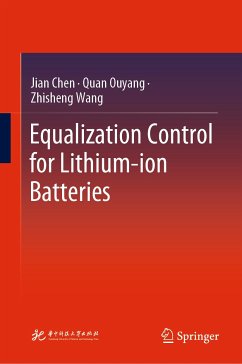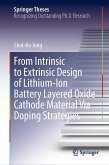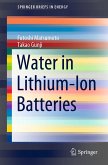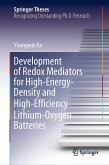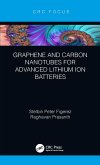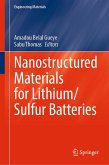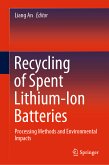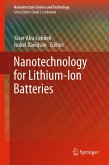This book provides readers with sufficient insight into battery equalization control technologies from both theoretical and engineering perspectives. Distinguished from most of the existing works that focus on the hardware design of active equalizers, this book intends to comprehensively introduce equalization control strategies for lithium-ion battery packs. The validity and reliability of the control strategies in this book have been verified by theory and experiments.
This book summarizes the battery equalization technologies from the equalization system to the equalization control algorithm. From this book, readers who are interested in the area of battery management can have a broad view of cell equalization technologies. Readers who have no experience in the battery management area can learn the basic concept, analysis methods, and design principles of the cell equalization system for battery packs. Even for the readers who are occupied in this area, thisbook provides rich knowledge on engineering applications and future trends of battery equalization control.
This book summarizes the battery equalization technologies from the equalization system to the equalization control algorithm. From this book, readers who are interested in the area of battery management can have a broad view of cell equalization technologies. Readers who have no experience in the battery management area can learn the basic concept, analysis methods, and design principles of the cell equalization system for battery packs. Even for the readers who are occupied in this area, thisbook provides rich knowledge on engineering applications and future trends of battery equalization control.
Dieser Download kann aus rechtlichen Gründen nur mit Rechnungsadresse in A, B, BG, CY, CZ, D, DK, EW, E, FIN, F, GR, HR, H, IRL, I, LT, L, LR, M, NL, PL, P, R, S, SLO, SK ausgeliefert werden.

